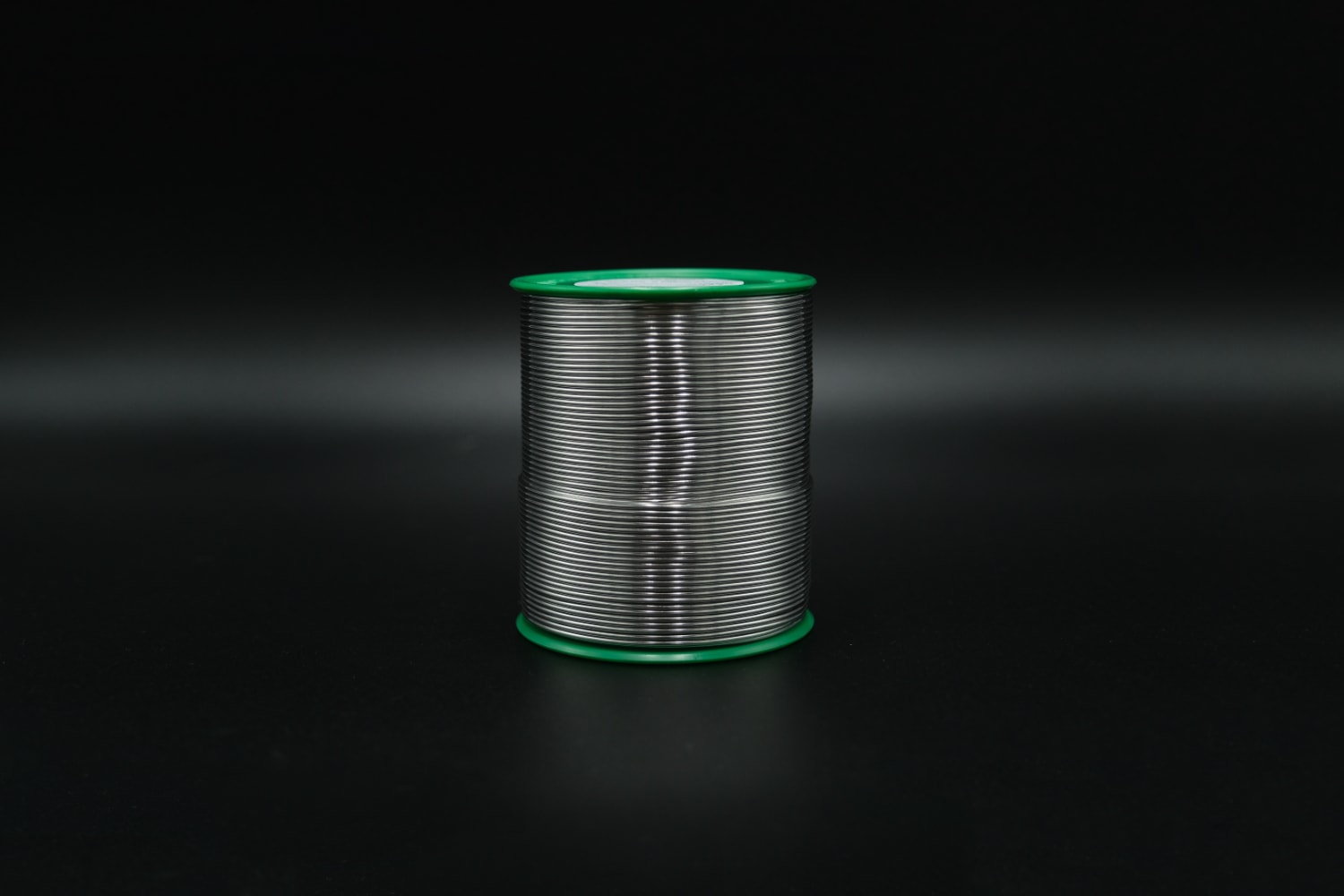Alloys for Electrical Engineering and Electrical Panels
Professional solutions for wiring, connections and electrical systems
Electrical soldering solutions with Sn-Cu alloys and SAC305 for electrical panels and cabling. Ideal for automotive applications and electronics. Compliant with quality standards and electrical certifications.
Why Choose Our Alloys for Electrical Engineering
Optimal electrical and mechanical performance



Recommended Alloys for Electrical Engineering
Technical characteristics for electrical applications
| Alloy | Composition | Conductivity | Application |
|---|---|---|---|
| Sn60Pb40 | Sn60/Pb40 | High | Traditional standard (where allowed) |
| SAC 305 | Sn96.5/Ag3/Cu0.5 | Very high | Lead-free, modern systems |
| Sn-Cu 0.7% | Sn99.3/Cu0.7 | High | Economical, good conductivity |
| Sn-Ag 3.5% | Sn96.5/Ag3.5 | Excellent | Maximum conductivity |
| Pure Copper | Cu 99.9% | Optimal | Copper-to-copper brazing |
Electrical Engineering Soldering Applications
Typical sectors and installations
Electrical Panels
LV/MV wiring, busbar connections, terminals. Power connector soldering, cable lugs on copper. CEI 23-51 compliance.
Industrial Plants
Power distribution, motor connections, transformers. High-current copper joints, mechanical resistance.
Lighting
LED drivers, power supplies, lamp connections. Power component soldering, thermal dissipation.
Renewable Energy
Photovoltaic inverters, string box connections, LV panels. High reliability, UV and temperature resistance.
Soldering vs Crimping in Electrical Engineering
When to choose soldering for electrical connections
| Aspect | Soldering | Crimping | Notes |
|---|---|---|---|
| Conductivity | Optimal (continuous) | Good (contact) | Soldering: continuous path |
| Mechanical Strength | High | Very high | Crimp: superior traction |
| Installation Time | Medium (3-5 min) | Fast (< 1 min) | Crimp faster |
| Reliability | Excellent | Tool dependent | Soldering: no variability |
| Cost | Low (material) | Medium (tools) | Crimping: initial investment |
Recommendation: Soldering for permanent high-reliability connections (fixed panels, industrial plants). Crimping for quick installations, field wiring, frequent maintenance. Combine both for critical connections (soldering + crimp).
Frequently Asked Questions about Electrical Engineering Soldering
Everything you need to know about soldering for electrical systems
Request Consultation for Electrical Engineering Applications
Discover our complete range of soldering products and quality certifications. Request a personalized quote for your needs.
Telefono
+39 02 6604 7053